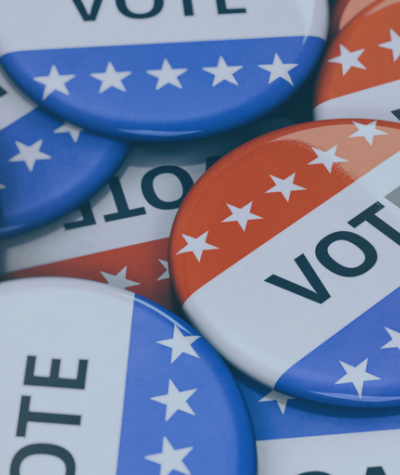On January 8, America welcomed into its electorate 1.4 million newly eligible voters as Amendment 4 in Florida took effect.
As a result of Amendment 4—passed by a sweeping majority of Florida voters in November 2018—people with past convictions in Florida (except for murder and felony sexual offenses) can vote once they complete their sentence. The move ushers in a long overdue sea change in Florida, which was previously the harshest state in the nation on felony disenfranchisement.
Happily, Florida is not the only state implementing positive rights restoration reforms in 2019. Albeit slowly, there is a consistent trend in the states toward rights restoration for people with convictions. This trend aligns with public opinion: across political lines, a majority of Americans support rights restoration for people with past convictions.
In 2019, we will see positive reforms implemented in Nevada and Louisiana. And more could be coming soon: rights restoration bills are also pending in several state legislatures including New Mexico and New Jersey. When it comes to rights restoration, Martin Luther King Jr.’s words ring true: “the arc of the moral universe is long, but it bends toward justice.”
Here are the details on upcoming changes in Nevada and Louisiana:
As of January 1, 2019, Nevada eliminated some of its restrictions on the restoration of the right to vote. These are welcome changes, especially in light of Nevada’s very complex felony disenfranchisement law. The law allows people with Category B felonies to register to vote after a two-year waiting period after the end of their sentence. Before, those individuals had to ask a court to restore their civil rights (a process that appears rarely used).
It also removes the barrier on automatic voting rights restoration for those who were dishonorably discharged from probation for whatever reason (including not paying all financial obligations). Through our rights restoration organizing in Nevada, we have been able to inform a number of returning citizens that because of this new law, they can register to vote. The feeling that comes with delivering that news never gets old.
And as of March 1, 2019, Louisiana will have a new rights restoration law that will re-enfranchise up to 36,000 returning citizens. The current law requires individuals to fully complete their sentences (including parole and probation) before registering to vote.
As of March, any individual with a parole or probation only (i.e. no prison) sentence should be eligible to vote and any individual who has served 5 years on parole or probation after a prison term will also be eligible to vote.
Sweating the Small Stuff:
But as we at Campaign Legal Center know from our RestoreYourVote.org project, rights restoration programs are only as good as their administration and the accompanying education and outreach.
In Florida, there are rumblings in the state legislature about expanding the definition of “murder” (hint: it means murder, that’s it); imposing complicated verification procedures; and requiring payment of all fines, fees, and restitution.
In Louisiana, there is still little clarity about the Secretary of State’s interpretation and rollout of the new law. And in Nevada, we have already identified administrative issues that require urgent attention.
These are the types of details that define the right to vote for thousands of people with past convictions. That’s why we’ll be watching closely to ensure that election officials make it easier, not harder, for eligible returning citizens to cast their ballot.
And, as always, advocates, potential voters, and community leaders can rely on RestoreYourVote.org for easy up-to-date guidance on voting rights for returning citizens from all 50 states.

